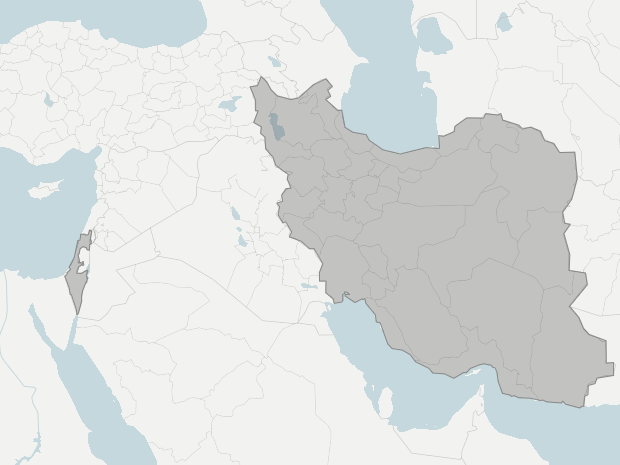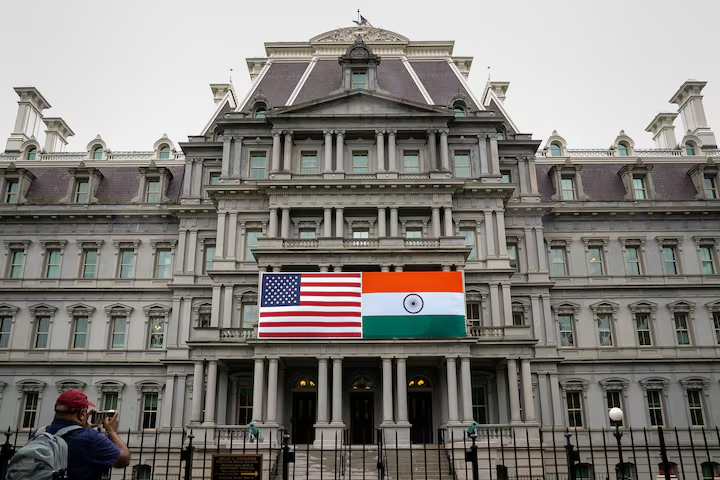Israel has launched a series of targeted airstrikes on Iran’s nuclear infrastructure in what it described as a preemptive operation to disrupt Tehran’s alleged progress toward developing nuclear weapons. The strikes, which occurred in the early hours of Friday morning, have triggered a sharp escalation in an already volatile regional crisis.
The Israeli military confirmed the operation, stating that the attacks targeted key facilities linked to uranium enrichment and nuclear research in several locations, including Natanz, Isfahan, and Fordow. Israeli Prime Minister Benjamin Netanyahu said the decision was made to “neutralize a clear and present threat to the existence of the State of Israel.”
“This was a necessary step,” Netanyahu declared in a televised address. “Iran was racing toward a nuclear bomb, and we could not stand idly by. The world cannot afford a nuclear-armed Iran.”
Iranian authorities have confirmed the strikes, with the Islamic Revolutionary Guard Corps (IRGC) stating that air defense systems were activated and several drones and missiles were intercepted. However, the Iranian government also acknowledged that damage was inflicted on nuclear sites and that there were casualties among both military personnel and civilian contractors.
Iranian Foreign Minister Hossein Amir-Abdollahian condemned the attack as an act of war and warned that Iran would respond “forcefully and at a time of its choosing.” He accused Israel of attempting to derail diplomacy and provoke a regional conflict, calling the strikes “reckless and criminal.”
The international community has reacted with alarm. The United Nations Security Council has called an emergency session to address the attack. UN Secretary-General António Guterres urged both sides to show restraint and warned that further escalation could trigger a broader regional war.
The United States, Israel’s closest ally, issued a cautious statement. A White House spokesperson said Washington was not involved in the operation and had no prior knowledge of the timing. “We remain committed to preventing Iran from acquiring nuclear weapons, but we also believe that diplomacy is the best path forward,” the statement read.
Russia and China, both of which maintain strong ties with Iran, condemned the Israeli strikes and called for immediate de-escalation. Moscow warned of “serious consequences” for regional stability, while Beijing urged all parties to return to dialogue and avoid military confrontation.
Iran’s Supreme Leader Ayatollah Ali Khamenei vowed retaliation, saying in a speech, “The Zionist regime will regret this aggression. The resistance front stands ready.” Analysts fear this could include missile attacks on Israeli cities or strikes against U.S. assets in the region.
In Israel, the public reaction was divided. Supporters of the operation praised Netanyahu’s government for acting decisively, while critics expressed concern that the strikes could provoke a devastating war. Opposition leader Yair Lapid accused the prime minister of risking Israeli lives for political gain.
Military analysts note that while Israel has long been suspected of conducting covert sabotage operations against Iran’s nuclear programme, this overt and large-scale strike marks a significant shift in strategy. “This is no longer shadow warfare — it’s an open declaration,” said security expert Yaakov Katz.
Iran’s nuclear ambitions have long been a flashpoint in Middle East politics. The 2015 Joint Comprehensive Plan of Action (JCPOA), which limited Iran’s nuclear activities in exchange for sanctions relief, collapsed after the U.S. withdrawal in 2018. Since then, Iran has steadily expanded its enrichment capabilities, according to International Atomic Energy Agency (IAEA) reports.
Friday’s strikes have raised fears that diplomatic solutions may now be out of reach. European leaders expressed deep concern that years of negotiations could be undone in a matter of days. The European Union called for “maximum restraint,” while urging Iran not to abandon international monitoring agreements.
As the situation unfolds, the prospect of direct conflict between Israel and Iran looms large, with potential spillover into neighboring countries such as Lebanon, Syria, and Iraq. Both sides have placed their militaries on high alert, and global markets have reacted nervously, with oil prices spiking amid fears of supply disruptions.
The coming hours and days are likely to prove pivotal as regional powers and global actors weigh their next moves in the aftermath of one of the most consequential military actions in the Middle East in recent years.
Source; The Guardian



